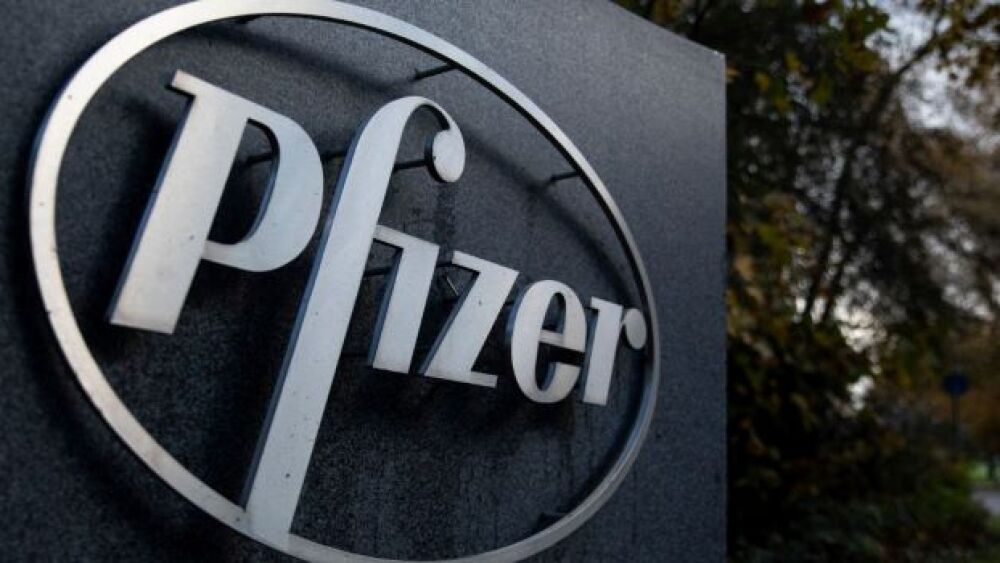Ibrance, a first-line treatment for ER+, HER2 - metastatic breast cancer, did not improve the overall survival rate in patients. Read on to know more.
Pfizer’s Ibrance couldn’t prove itself effective in breast cancer. (Dan Kitwood/Getty Images)
This weekend, Pfizer presented results at the American Society of Clinical Oncology (ASCO) 2022 annual meeting from the Phase III trial of Ibrance (palbociclib) in combination with letrozole. Ibrance, a first-line treatment for ER+, HER2- metastatic breast cancer, did not improve the overall survival rate in patients.
Ibrance in combination with an aromatase inhibitor was approved by the U.S. Food and Drug Administration in March 2017 for patients with HR+, HER2- advanced or metastatic breast cancer. The approval was based on data from a Phase II clinical trial of the drug which demonstrated that Ibrance plus letrozole improved progression-free survival by a median of 24.8 months as compared to 14.5 months in those treated with letrozole alone. The data also showed that the Ibrance combination therapy delayed the time to chemotherapy.
However, the latest data readout from the clinical trials of Ibrance plus letrozole shows that the therapy is not effective at improving overall survival in patients. The data was collected over a median of 7.5 years and showed that there was not a statistically significant difference in overall survival between patients treated with Ibrance plus letrozole versus letrozole alone.
“Ibrance continues to provide substantial benefit as a first-line treatment for adults with HR+, HER2- mBC based on strong progression-free survival data, which formed the basis of its worldwide approvals,” Chris Boshoff, M.D., Ph.D., chief development officer, oncology, Pfizer Global Product Development said in a press release. “We remain confident in the compelling benefits that Ibrance plus endocrine therapy offers to this patient population, which is underscored by data from PALOMA-2 showing delayed time to chemotherapy, maintenance of quality of life and a consistent safety profile. Pfizer continues to invest in expanding the treatment options for people living with metastatic breast cancer.”
Pfizer pointed out that the data readout of overall survival is plagued by limitations. For example, the analysis included a large proportion of patients with missing survival data who either withdrew consent or were lost to follow-up and were assumed to be alive at the time of the analysis.
Ibrance trials seem to have mixed results. In October 2020, Pfizer announced that Ibrance did not meet its primary endpoint in a Phase III trial of the drug for the treatment of HR+, HER2- early breast cancer. The drug failed to improve invasive disease-free survival in patients who had the residual invasive disease after completing neoadjuvant chemotherapy.
Similarly, Ibrance also failed in a Phase III clinical trial in May 2020 evaluating its effectiveness in conjunction with endocrine therapy for the treatment of patients with early breast cancer. Again, the drug failed to make a statistically significant improvement in invasive disease-free survival.
However, in March 2021, Pfizer shared real-world evidence that supported the effectiveness of Ibrance combination therapy in metastatic breast cancer. The real-world evidence data showed that the drug in combination with letrozole was associated with improved progression-free survival and overall survival in patients who had been treated.





